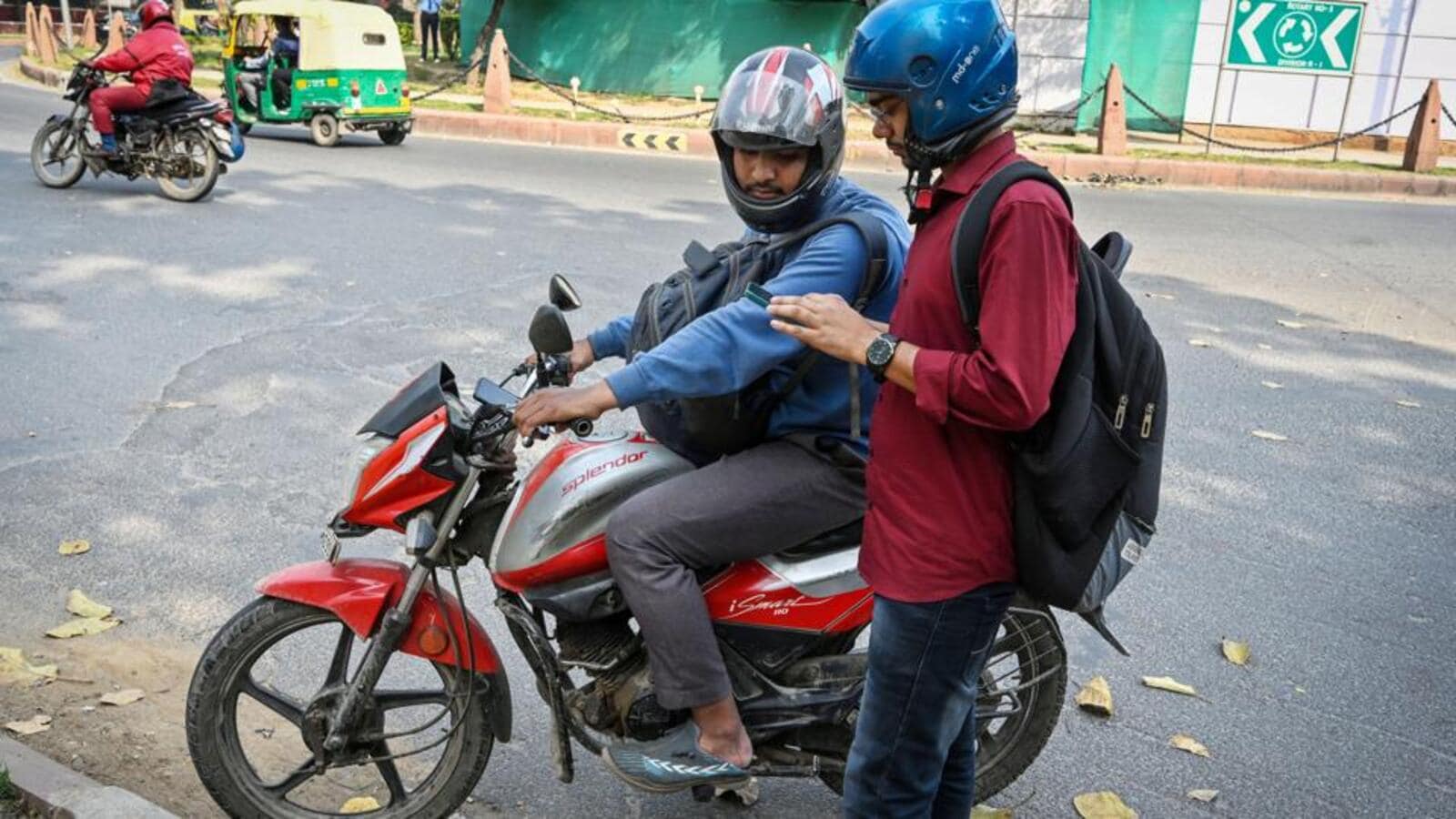The Ministry of Road Transport and Highways has revised its Motor Vehicle Aggregator Guidelines, legalising the use of private two-wheelers as bike taxis and for hyperlocal delivery services. This strategic move is poised to revolutionise shared mobility, create new income streams, and potentially alleviate urban congestion and pollution. The initiative marks a significant step towards fostering more sustainable and equitable transport solutions across Indian cities.
The recent revision of the Motor Vehicle Aggregator Guidelines by the Ministry of Road Transport and Highways (MoRTH) represents a pivotal moment for India’s burgeoning shared mobility sector. For the first time, non-transport, or private, motorcycles will be legally permitted to operate as bike taxis or be utilised for hyperlocal delivery services. This significant regulatory overhaul, while subject to individual state government approval, opens up vast opportunities for existing app-based aggregators and thousands of private motorcycle owners. The policy aims to democratise urban transportation, offering more affordable mobility solutions, stimulating job creation within the gig economy, and contributing to a reduction in vehicular congestion and associated environmental pollution in densely populated urban centres.
A key facet of this regulatory advancement is the central government’s commitment to streamlining the licensing process. To facilitate ease of compliance and foster a transparent operational environment, a single-window digital portal is slated for launch. This centralised platform will serve as the primary interface for applying for aggregator licences, remitting application and licence fees, and submitting requisite security deposits. Until this digital portal becomes fully operational, state governments will assume the responsibility for managing the licensing process in adherence to the updated norms. This phased implementation strategy ensures a smooth transition while maintaining regulatory oversight during the initial stages of this significant policy shift.
The revised guidelines are meticulously crafted to maintain a “light-touch” regulatory framework, striking a delicate balance between fostering innovation and ensuring robust safeguards. A paramount focus is placed on user safety and security, acknowledging the unique vulnerabilities associated with two-wheeler transport. Concurrently, the framework prioritises driver welfare, addressing long-standing concerns within the gig economy regarding fair earnings and working conditions. Furthermore, the guidelines aim to establish transparent and easily comprehensible rules for both users and service providers, thereby fostering greater trust and predictability within the burgeoning bike taxi ecosystem. State and Union Territories have been strongly urged to adopt these updated guidelines within a three-month period from their date of issue, ensuring rapid and widespread implementation across the nation.
The new norms impose specific and crucial responsibilities upon app-based aggregators, reinforcing the imperative for transparency and accountability. Aggregators are now mandated to disclose complete company and contact details on a dedicated website, providing a clear point of contact for users and regulatory bodies. They are also required to transparently share their fare structures and establish robust customer support mechanisms, ensuring that passenger grievances can be addressed effectively. Crucially, the guidelines stipulate compliance with stringent standards for driver onboarding and vehicle engagement, ensuring that only qualified and vetted individuals operate within the legal framework. These measures are designed to enhance user trust, promote responsible platform operations, and effectively regulate a rapidly evolving sector.
This regulatory overhaul is poised to deliver substantial benefits across the industry landscape. Existing players in the bike taxi segment are expected to gain significantly, enabling them to scale their bike-based services across compliant states with greater legal certainty and operational clarity. More broadly, the legalisation opens up new, legitimate income streams for thousands of private bike owners, transforming their personal assets into productive economic tools. This democratisation of earning opportunities contributes directly to economic empowerment, particularly for individuals seeking flexible work arrangements, thereby fostering a more inclusive and equitable gig economy. The formalisation of this sector will also allow for better data collection, enabling more informed policy decisions regarding urban transport planning.
From an environmental perspective, the promotion of shared two-wheeler mobility, especially if coupled with incentives for electric bikes in the future, holds significant promise for contributing to zero net carbon and eco-friendly cities. Bike taxis can offer an efficient solution for last-mile connectivity, potentially reducing reliance on larger, more polluting vehicles for short urban commutes. By optimising existing vehicle usage and potentially reducing the number of individual cars on the road, these services can help alleviate traffic congestion and lower overall vehicular emissions. This strategic shift towards sustainable transport options is vital for urban areas grappling with air quality challenges and the imperative to reduce their carbon footprint. The legalisation of bike taxis, therefore, is not just an economic measure but a crucial step towards a greener, more accessible, and equitable urban future.
Also Read :New Delhi allows cab aggregators double peak fares under MVAG 2025 guidelines


